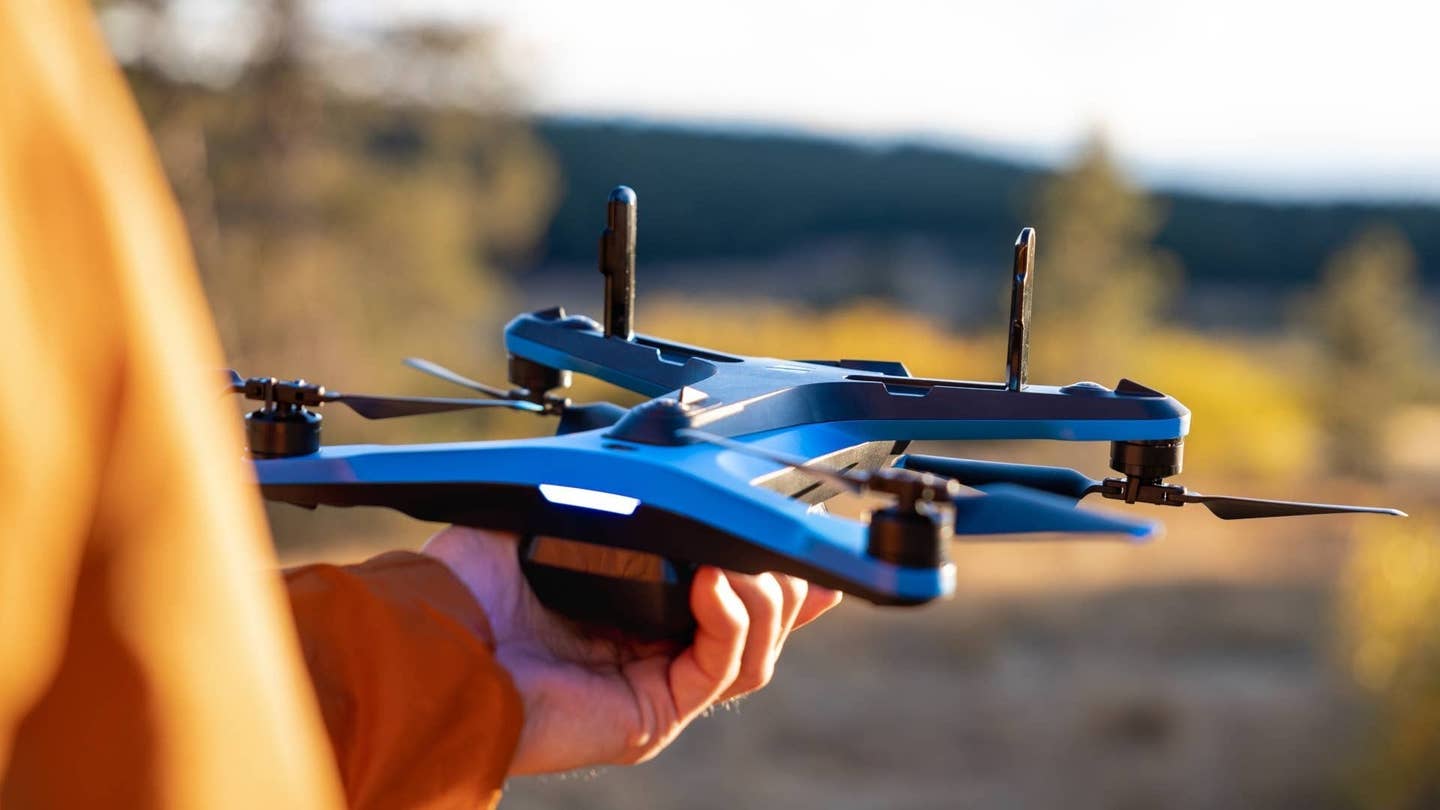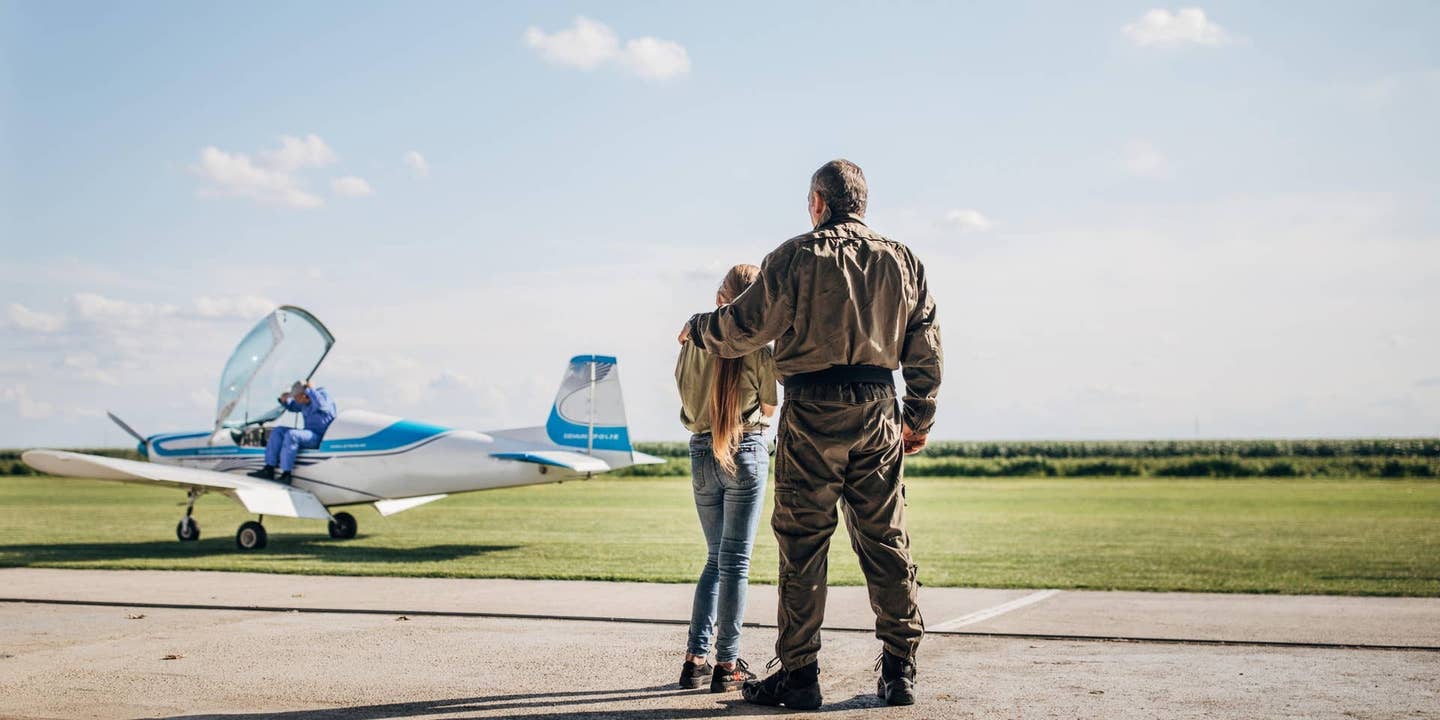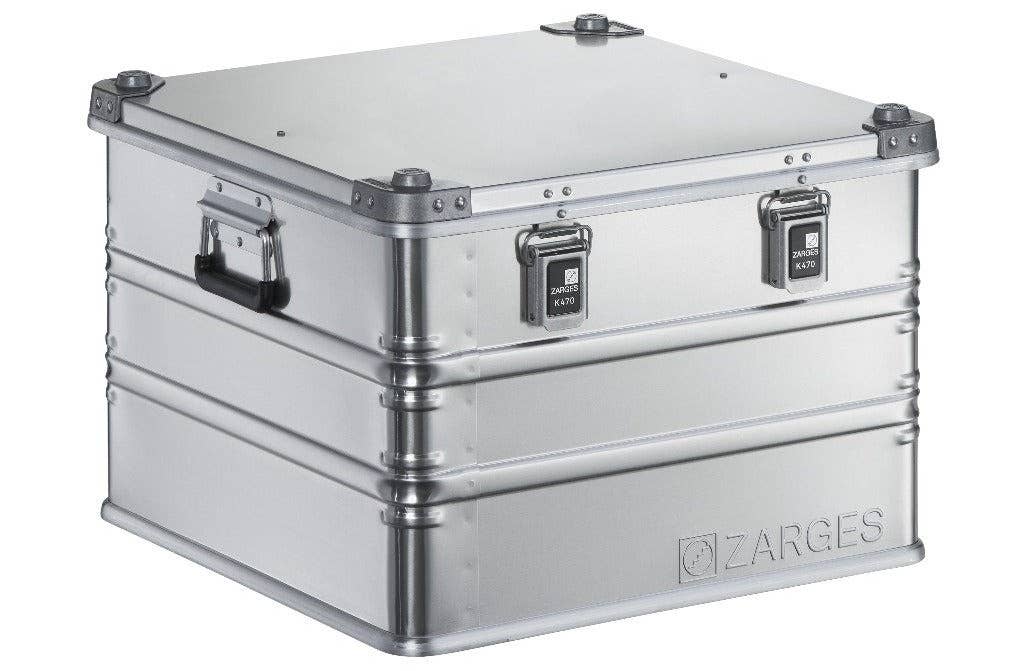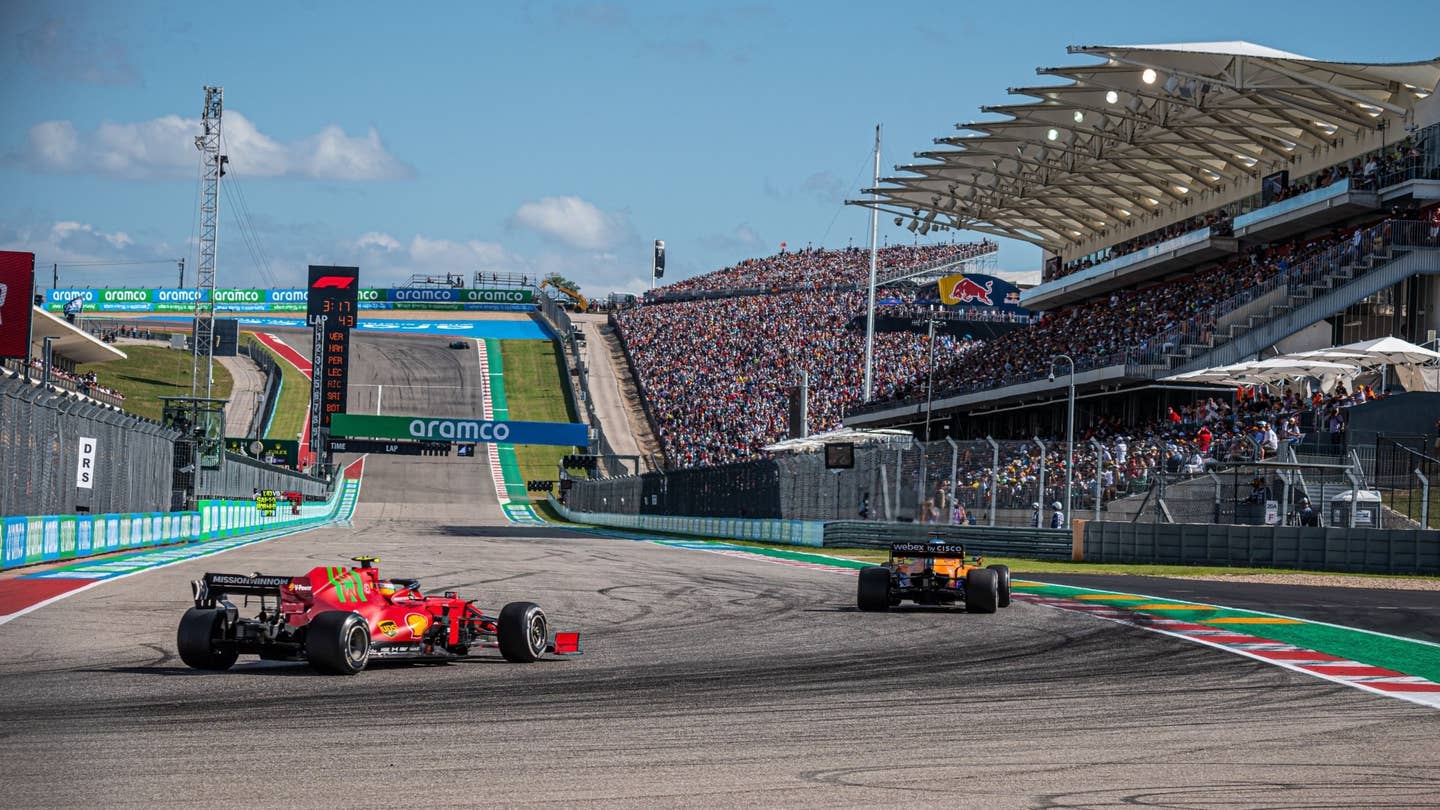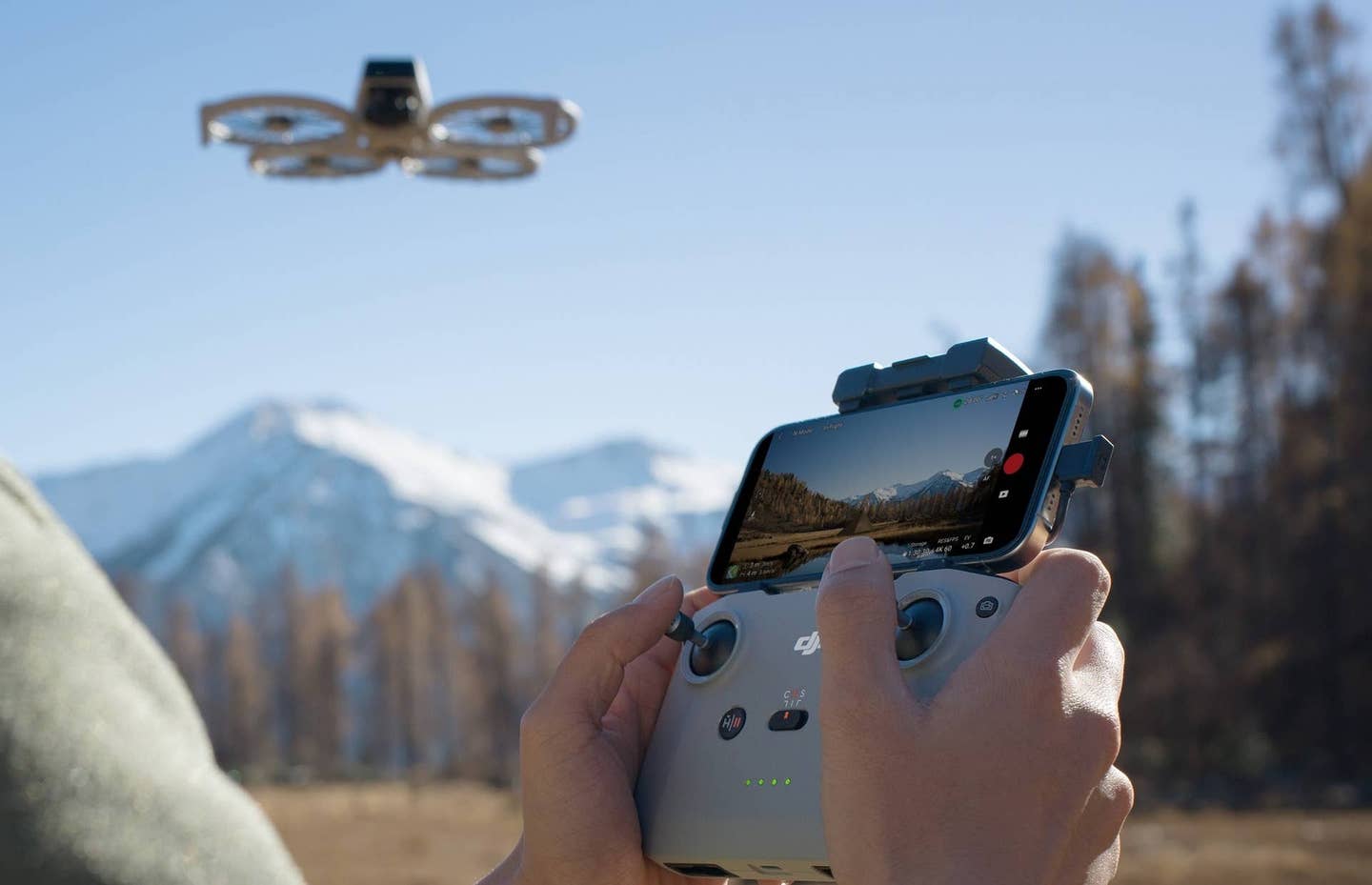How to Become a Drone Pilot: A Beginner’s Guide
Unmanned aircraft systems (UAS), or drones, are a definitive example of disruptive technology.
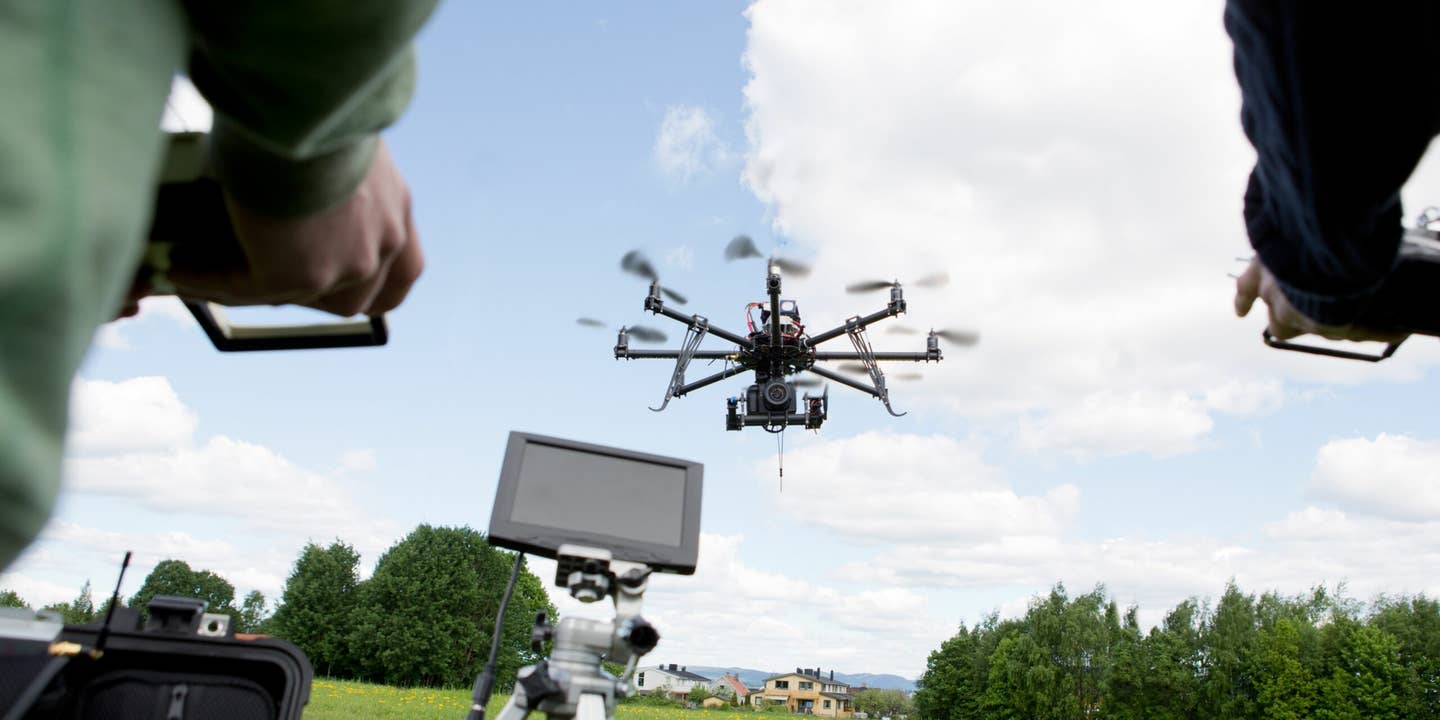
Having a Part 107 Remote Pilot Certificate, and experience operating drones, offers unmanned aircraft operators (drone pilots) many opportunities. [Credit: iStock]
Unmanned aircraft systems (UAS)—or drones—are a definitive example of disruptive technology. They have come a long way in the last decade and are now regularly used in industries including:
- Law enforcement agencies
- Real estate
- Filmmaking
- Journalism/photography
- Mining
- Agriculture
- Gas and electric utilities
Having a Part 107 Remote Pilot Certificate, and experience operating drones offers unmanned aircraft operators (drone pilots) many potentially lucrative opportunities. If you will be making money or using it to advance any type of business (using a drone to throw in a “free” drone photo package to a wedding photoshoot) —you must have a Part 107 license.
If you are investing money in a drone and plan to take photos with it, commercial use of your drone may allow you to recoup your investment. Should you desire to sell any photos or make any money using your drone, you must have a Part 107 certificate. This article will explain the pros and cons of becoming a drone pilot, and the steps to becoming one.
What Is a Drone Pilot?
A drone pilot is a person who operates an unmanned aerial vehicle (UAV). As drone technology advances, drones, especially multi-rotor “quadcopters,” are increasingly able to complete missions autonomously. A drone may be able to hover in place for a specific period of time (dependent on battery life).
A drone pilot must comply with airspace regulations established and enforced by the FAA. Depending on the aircraft and the location and altitude you desire to fly it, prior authorization from the FAA may be necessary.
What Does a Drone Pilot Do?
A drone pilot operates an unmanned aircraft from launch to landing. Along with actually flying a drone, they often operate cameras and communicate with property owners or business owners about operations in the area. Drone pilots should be able inspect and troubleshoot drone equipment, analyze weather forecasts, and fill out flight logs.
Pros & Cons of Becoming a Drone Pilot
Purchasing a drone, and becoming a drone pilot, both require time and monetary investment - although much less of an investment than becoming an airplane or helicopter pilot. It is important to consider the pros and cons when making a decision to become a drone pilot:
Pros
- Your Part 107 certificate will qualify you for jobs: With drones increasingly being used in so many industries, just having a 107 certificate makes you marketable. Although operators may prefer experience, many are willing to take on drone pilots with brand new “wet ink” certificates. Many companies that employ drone pilots often employ additional visual observers (BOs) and field safety observers. With a 107 certificate, you may also be qualified for these drone pilot job roles.
- A Part 107 Certificate may be a foundation for a manned pilot certificate: If your Part 107 certificate causes you to catch the “aviation bug,” the
- Drones are fun: When done safely and respectfully, operating a drone is a fun hobby. Many drone operators enjoy participating in online communities and forums.
Cons
- Drone pilots may not be welcome: Drones have not always been used in negative ways. Homeowners may have security, safety, and privacy concerns about drones and may be hostile. Although shooting a firearm at a drone is illegal, it does happen. In extreme cases, homeowners have blocked vehicle access and even locked access gates, effectively holding drone pilots hostage on their property.
- Drones can be damaged or cause damage: A gust of wind, a signal loss, or a bird attack can take out a drone and damage your investment and cause injury to people or damage to property. A collision with an aircraft has the potential to cause catastrophic damage.
- Drone technology and laws are changing rapidly: It can be challenging to conduct business in rapidly changing industries. A significant investment made today may be obsolete technology in a few years. Beginning in September of 2023, almost all drones flying in the U.S. will be required to broadcast Remote Identification—a unique ID number and their location.
4 Steps to Become a Drone Pilot
Becoming a drone pilot is much easier and simpler than obtaining a certificate to fly a manned aircraft. The process can be done quickly:
Step 1: Prepare for Testing
Unlike other FAA certificates, there is no required drone pilot ground school curriculum to take the UAG Unmanned Aircraft General - Small knowledge test. However, you still need to prepare for the knowledge test. It is advisable to take a drone ground school course that covers all the knowledge areas on the test which include:
- Federal regulations that apply to small aircraft operations
- Aircraft performance and loading
- Checking airspace
- Emergency procedures
- Aeronautical decision making
- Preflight and maintenance
- Operations at night
Once you have a grasp of the important concepts and have taken a few practice tests, set up an FAA Tracking Number (FTN) with IACRA, find a test center, and register for the FAA knowledge test.
Step 2: Take and Pass the FAA Exam
The knowledge test is 60 questions and you have two hours to answer all the questions. The fee for the aeronautical test is $175. If you do not pass ( answer at least 70% of the questions correctly), you must wait 14 days to retake the exam.
Step 3: Obtain a Remote Pilot Certificate
After you pass the knowledge test, you’ll have to complete FAA Form 8710-13 for a remote pilot certificate (FAA Airman Certificate and/or Rating Application). You’ll have to pass a TSA security background check. Once everything is processed with the FAA, your certificate will be mailed to you. At that point, you will officially be a drone pilot.
Step 4: Purchase a Drone
This last step is optional. You can buy a drone! It is not necessary to own your own drone for every UAS pilot job. If you are paid as a contractor or consultant, a business may expect you to provide your own drone depending on your arrangement. If you are hired as an employee, the company may provide their own unmanned aircraft for you to fly. If you do purchase a drone, make sure you register it under Part 107 or the Exception for Recreational Flyers.
The Sky Is Not the Limit for Drone Pilots!
The global commercial drone market size is expected to grow exponentially in the next decade, and drone pilots will have many opportunities for a wide range of missions. FLYING Magazine provides resources for drone pilots in all stages of training and operating drones. To stay informed on all of the latest in Aviation, subscribe to FLYING magazine today!
Do I need to get a drone license?
It is possible to operate a drone recreational without obtaining a Remote Pilot Certificate from the Federal Aviation Administration (FAA). However, if you want to use a drone for any commercial use, you need a drone license.
How long does it take to become a drone pilot?
It does not take long. If you are at least 16 years old, able to read, speak, write, and understand English, and in a physical and mental condition to safely fly a drone, all you have to do is pass the FAA's initial aeronautical knowledge exam: "Unmanned Aircraft General – Small (UAG)." If you are already a “Part 61 Certificate holder,” meaning you have a pilot certificate to operate a fixed wing aircraft, rotorcraft, glider, or balloon, getting your Part 107 certificate (drone pilot license) without taking the aeronautical knowledge test.
Is becoming a drone pilot worth it?
Becoming a drone pilot opens up many opportunities and career paths. The investment of getting a Part 107 certificate is relatively small (several hundred dollars). Purchasing in a drone is a separate purchase and may be significantly more than the cost of obtaining a certificate.
How much does a drone pilot make?
Drone pilot salaries and wages vary. According to the Economic Research Institute, the average salary of a drone pilot in the U.S. is $68,966. The average hourly wage is $33 per hour.

Sign-up for newsletters & special offers!
Get the latest FLYING stories & special offers delivered directly to your inbox

